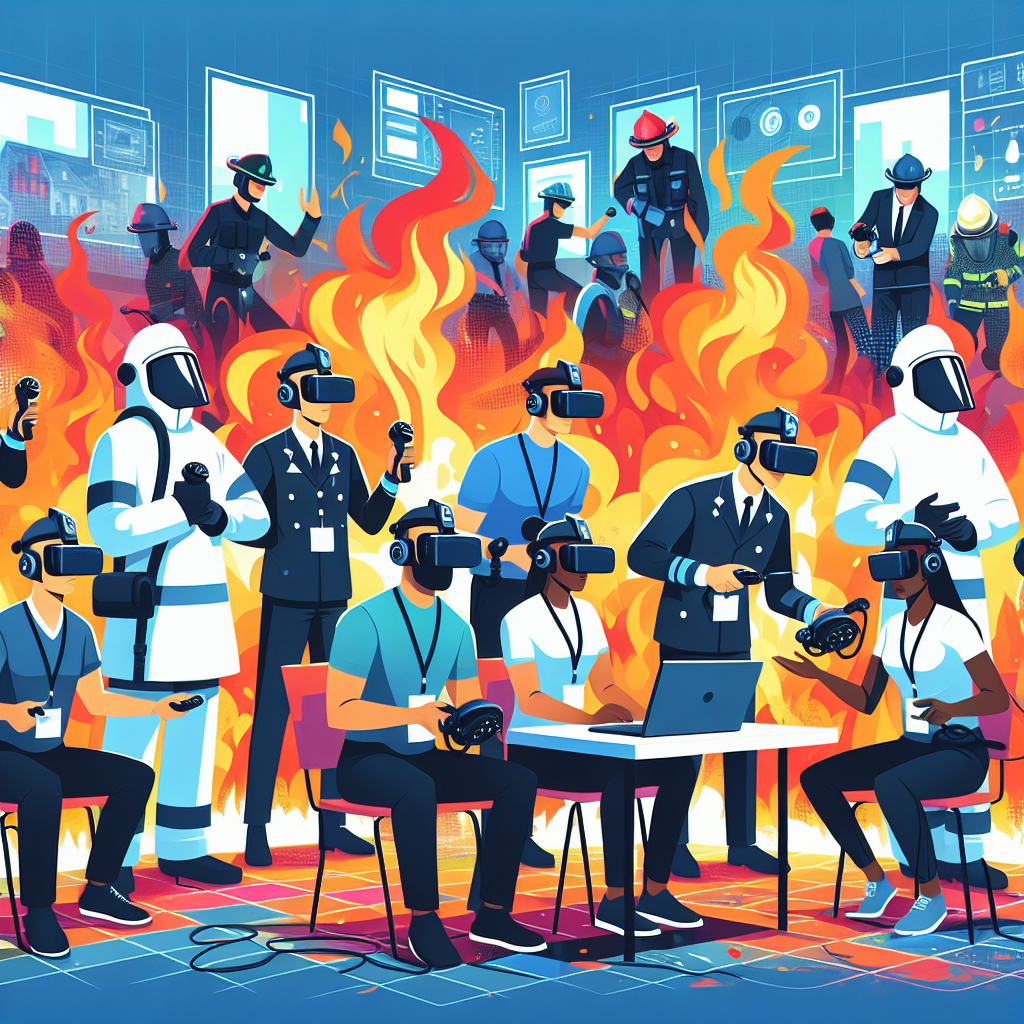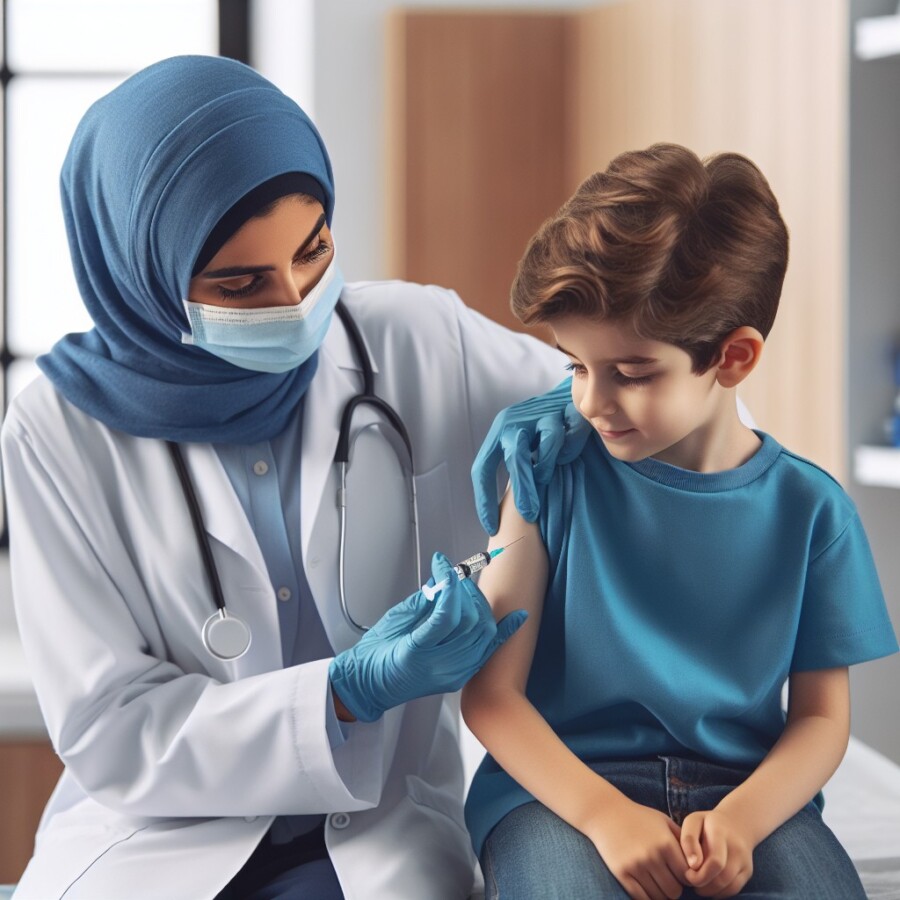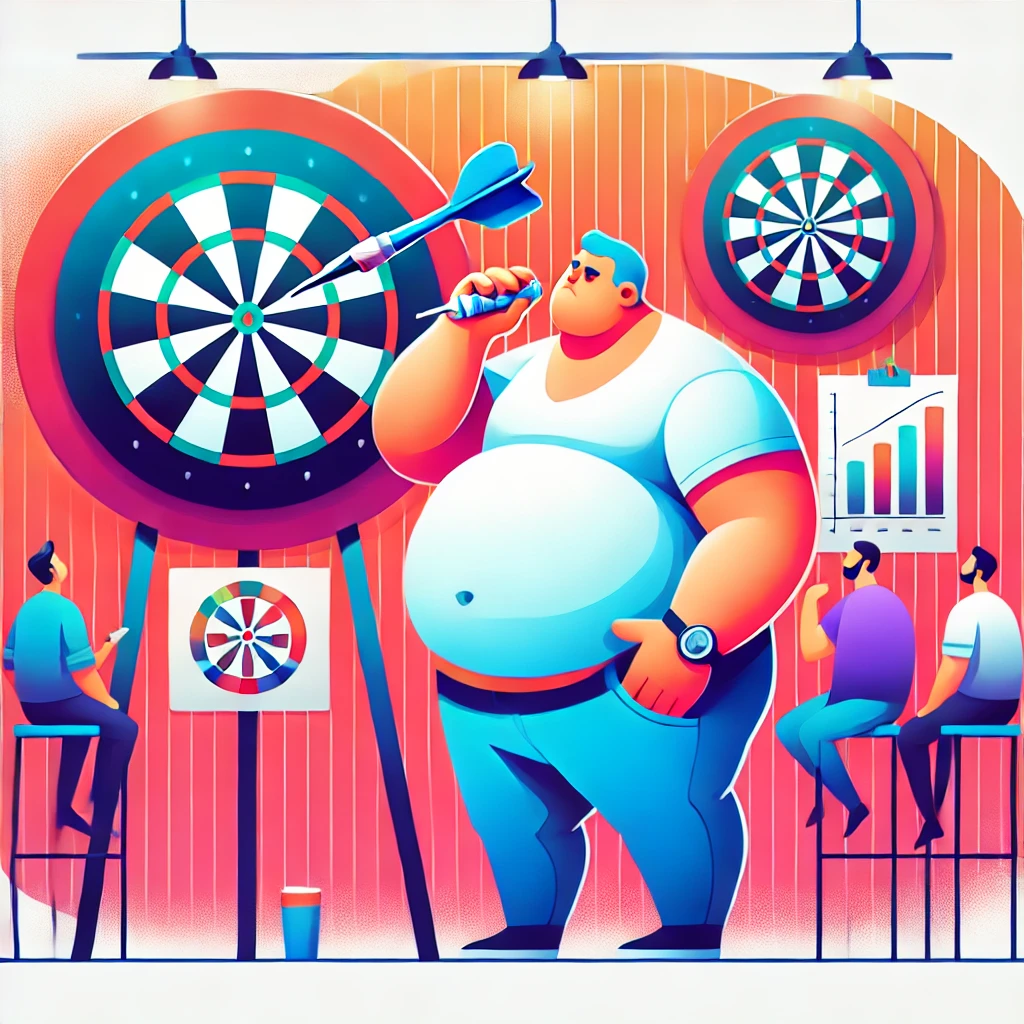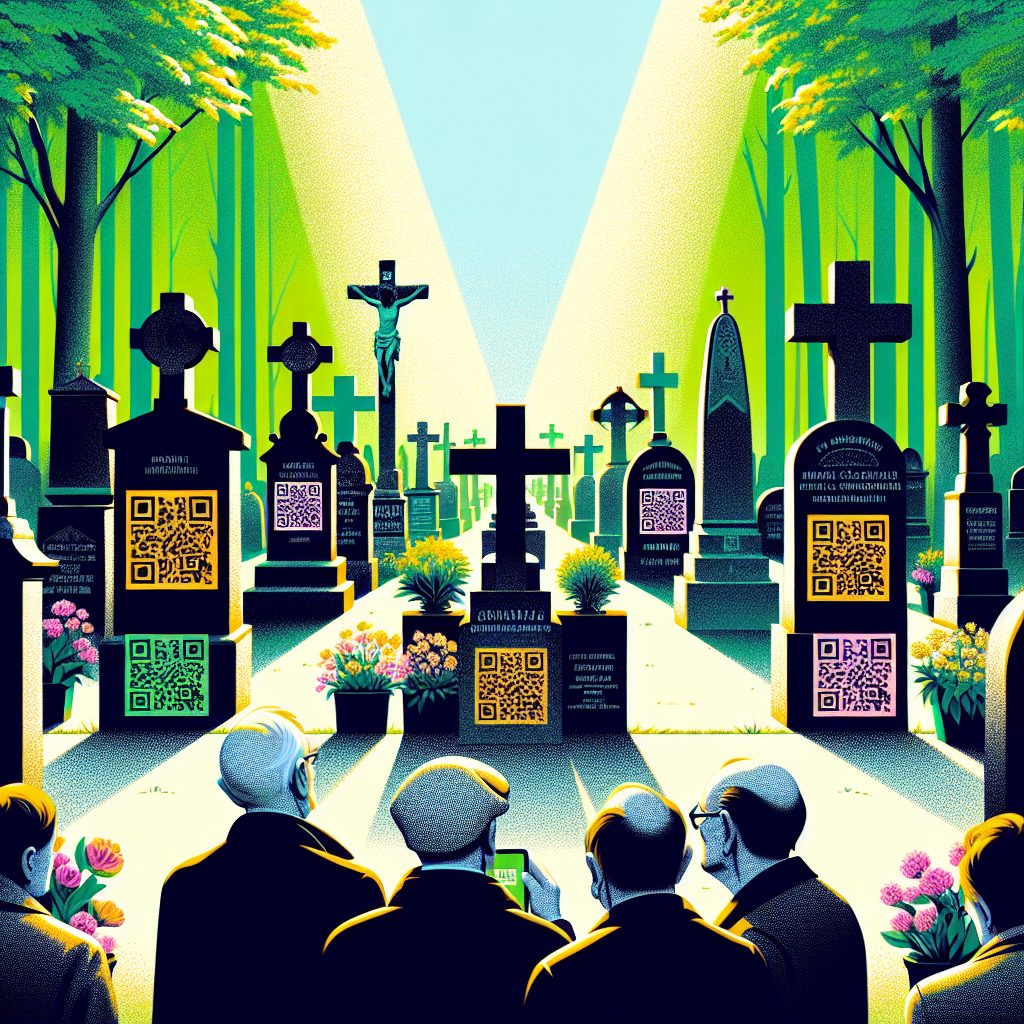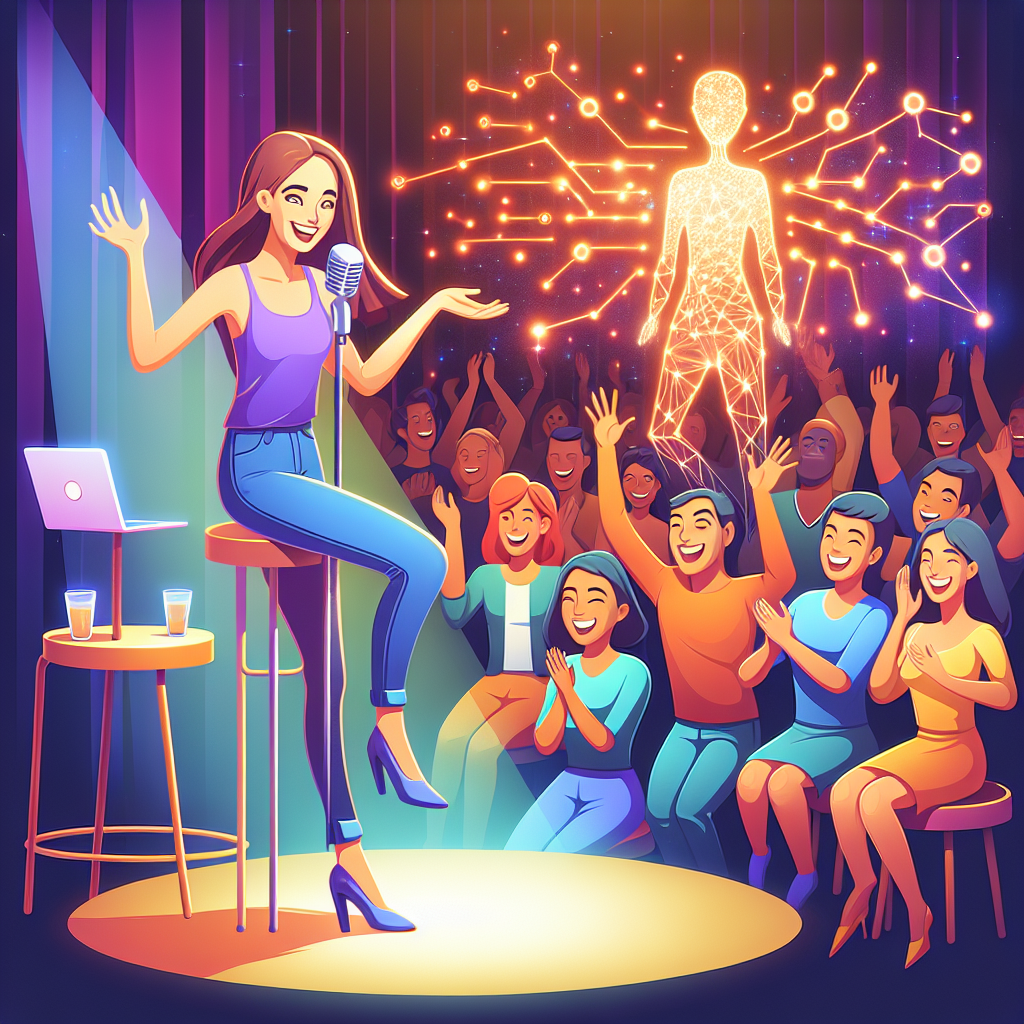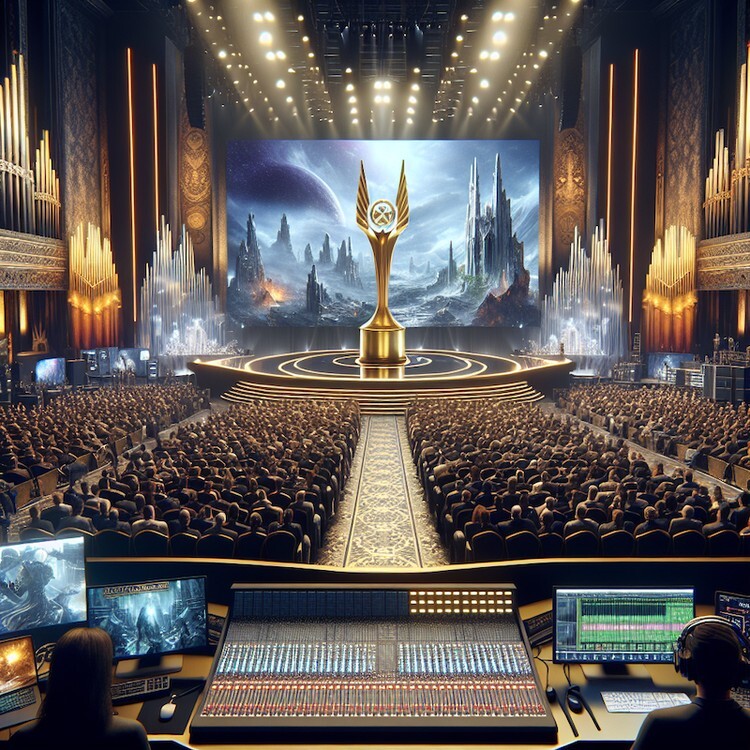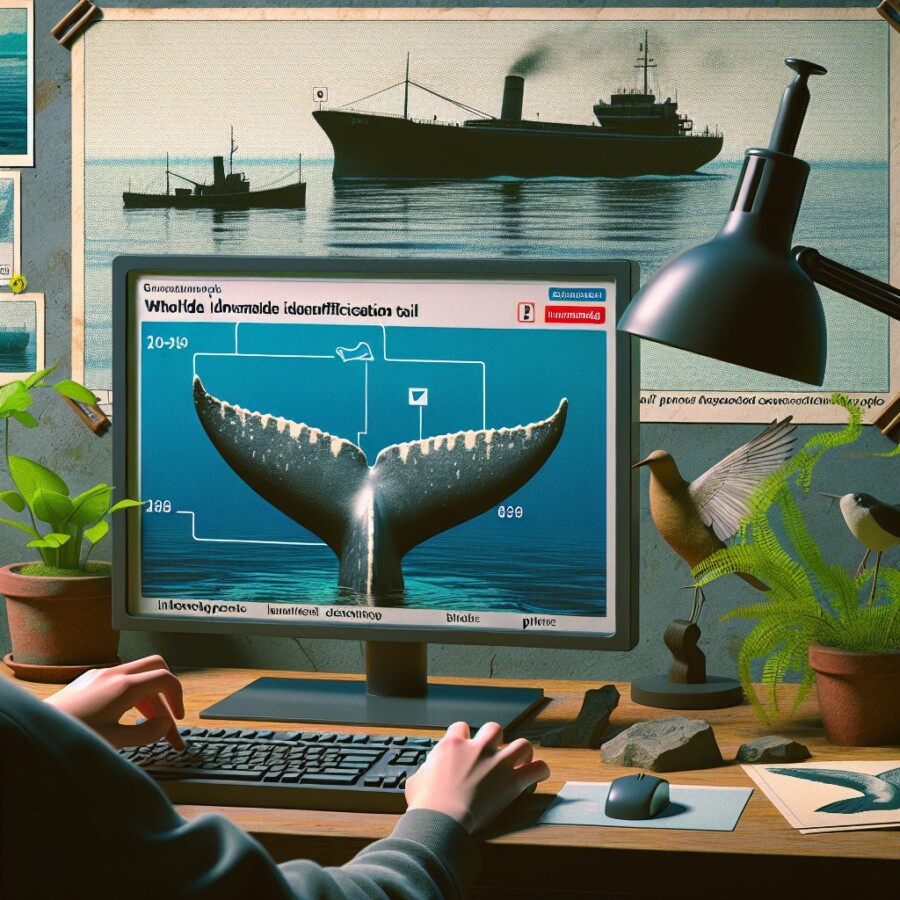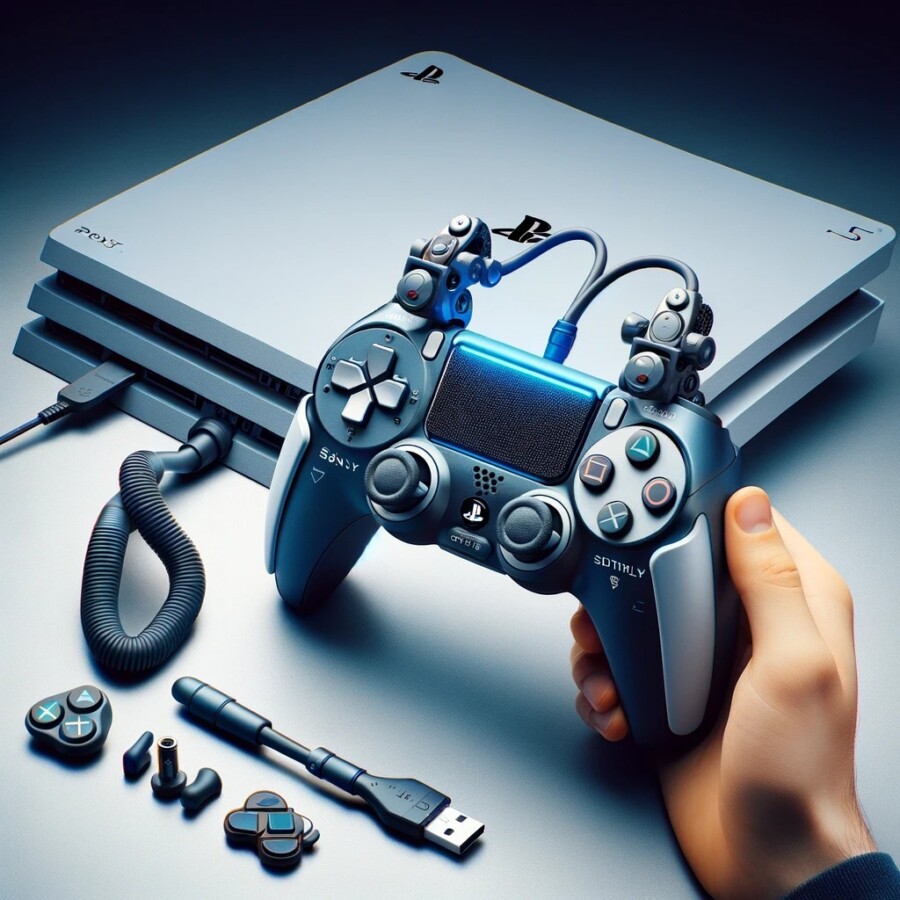Virtual reality (VR) is a new tool to help people learn how to find out why fires happen. Scientists and firefighters work together to make pretend fire scenes. They study how the fire moves and burns things. Then, they use computers to make a virtual world of the fire. This helps people learn about fires in a safe way.
Using VR helps fire investigators learn better. It helps them find out how fires start and grow. This new way of learning can be shared with other fire experts. The goal is to make VR a regular part of learning about fires. This will help make fire investigations better and safer.
Original news source: Investigating crime scenes in virtual reality (BBC)
🎧 Listen:
Slow
Normal
Fast
📖 Vocabulary:
| 1 | virtual | Something that is not real, like a game |
| 2 | reality | The world we live in, everything we see and touch |
| 3 | tool | Something you use to help you do a job |
| 4 | pretend | To make believe or act like something is real |
| 5 | scenes | Parts of a story or show, like in a movie |
| 6 | study | To look at something closely to learn about it |
| 7 | investigators | People who look for clues to solve a mystery |
| 8 | experts | People who know a lot about something |
| 9 | regular | Something that happens often, like every day |
| 10 | investigations | Looking for clues to find out what happened |
Group or Classroom Activities
Warm-up Activities:
– CHARADES
Instructions: Divide the class into two teams. Each team takes turns sending one member to act out a word or phrase related to virtual reality or fire safety (e.g., “firefighter,” “VR headset,” “fire investigation”). The team must guess the word within a time limit.
– VOCABULARY PICTIONARY
Instructions: Write vocabulary words from the article on slips of paper. Students take turns drawing a slip and then must draw the word on the board while their classmates guess what it is. Words could include “fire,” “investigator,” “virtual,” and “learning.”
– MIND MAP
Instructions: On a large sheet of paper or a whiteboard, write “Virtual Reality and Fire Safety” in the center. Ask students to contribute words or ideas they associate with the topic, creating branches for each idea (e.g., “learning,” “safety,” “firefighters”). This helps visualize connections between concepts.
– OPINION POLL
Instructions: Pose the question, “Do you think virtual reality is a good way to learn about fires?” Have students walk around the classroom to express their opinions by either standing in one area for “yes,” another for “no,” or a middle ground for “maybe.” Afterwards, discuss their choices as a class.
– TWO TRUTHS AND A LIE
Instructions: Have each student think of three statements related to virtual reality and fire safety—two true statements and one false statement. They take turns sharing their statements while the rest of the class tries to guess which one is the lie. This encourages speaking and critical thinking.
🤔 Comprehension Questions:
1. What is virtual reality (VR) used for in the article?
2. Who works together to make pretend fire scenes?
3. What do scientists and firefighters study about fires?
4. How does VR help people learn about fires?
5. What do fire investigators learn from using VR?
6. Why do they want to use VR all the time for learning about fires?
7. How does using VR make fire investigations better?
Go to answers ⇩
🎧✍️ Listen and Fill in the Gaps:
Virtual reality (VR) is a new (1)______ to help people learn how to find out why fires happen. Scientists and firefighters work together to make (2)______ fire scenes. They study how the fire moves and burns things. Then, they use computers to (3)______ a (4)______ world of the fire. This helps people learn about fires in a safe way.
Using VR helps fire investigators learn better. It helps them (5)______ out how fires (6)______ and grow. This new way of learning can be shared with other fire experts. The goal is to make VR a regular part of (7)______ about fires. This will help make fire investigations better and (8)______.
Go to answers ⇩
💬 Discussion Questions:
Students can ask a partner these questions, or discuss them as a group.
1. What is virtual reality (VR) to you?
2. Do you like to play games in virtual reality? Why or why not?
3. How would you feel if you could visit a virtual world?
4. What is your favorite way to learn new things?
5. Do you think it is fun to learn about fires? Why or why not?
6. Have you ever seen a fire? How did it make you feel?
7. What do you think is the most important thing to know about fire?
8. How would you feel if you could be a firefighter for a day?
9. Do you think using computers is a good way to learn? Why?
10. What is a safe way to learn about something dangerous?
11. How would you feel if you could help people learn about fire safety?
12. Do you think learning with virtual reality is better than learning in a classroom? Why or why not?
Individual Activities
📖💭 Vocabulary Meanings:
Match each word to its meaning.
Words:
1. virtual
2. reality
3. tool
4. pretend
5. scenes
6. study
7. investigators
8. experts
9. regular
10. investigations
Meanings:
(A) People who know a lot about something
(B) Parts of a story or show, like in a movie
(C) Something you use to help you do a job
(D) Something that happens often, like every day
(E) People who look for clues to solve a mystery
(F) Looking for clues to find out what happened
(G) To make believe or act like something is real
(H) The world we live in, everything we see and touch
(I) Something that is not real, like a game
(J) To look at something closely to learn about it
Go to answers ⇩
🔡 Multiple Choice Questions:
1. What does VR stand for?
(a) Virtual reality
(b) Very real
(c) Video room
(d) Visual reading
2. Who works together to make pretend fire scenes?
(a) Teachers and students
(b) Doctors and nurses
(c) Chefs and waiters
(d) Scientists and firefighters
3. What do they study in the pretend fire scenes?
(a) How to cook
(b) How to swim
(c) How the fire moves
(d) How to dance
4. What do they use to make a virtual world of the fire?
(a) Books
(b) Computers
(c) Toys
(d) Paper
5. What does using VR help fire investigators do?
(a) Sleep better
(b) Learn better
(c) Play better
(d) Eat better
6. What can the new way of learning be shared with?
(a) Animals
(b) Children
(c) Cars
(d) Other fire experts
7. What is the goal of using VR in fire learning?
(a) Make fire investigations better
(b) Make fire bigger
(c) Make fire colder
(d) Make fire disappear
8. Why is VR good for learning about fires?
(a) It is loud
(b) It is boring
(c) It is safe
(d) It is hard
Go to answers ⇩
🕵️ True or False Questions:
1. They watch how fire moves and burns things.
2. VR does not reveal how fires start and grow.
3. Scientists and firefighters make pretend fire scenes.
4. Fire investigators can learn better with VR.
5. This way of learning is safe for everyone.
6. Virtual reality does not assist people in learning about fires.
7. The goal is to avoid using VR often for learning about fires.
8. Humans create a virtual world of the fire.
Go to answers ⇩
📝 Write a Summary:
Write a summary of this news article in two sentences.
Check your writing now with the best free AI for English writing!
Writing Questions:
Answer the following questions. Write as much as you can for each answer.
Check your answers with our free English writing assistant!
1. What does VR stand for?
2. Who works together to make pretend fire scenes?
3. Why do scientists and firefighters study how fire moves?
4. How does VR help people learn about fires?
5. What is the goal of using VR for fire investigations?
✅ Answers
🤔✅ Comprehension Question Answers:
1. What is virtual reality (VR) used for in the article?
VR is used to help people learn about fires and why they happen.
2. Who works together to make pretend fire scenes?
Scientists and firefighters work together.
3. What do scientists and firefighters study about fires?
They study how the fire moves and burns things.
4. How does VR help people learn about fires?
VR helps people learn in a safe way by showing pretend fires.
5. What do fire investigators learn from using VR?
They learn how fires start and grow.
6. Why do they want to use VR all the time for learning about fires?
They want to use VR all the time to make learning better and safer.
7. How does using VR make fire investigations better?
Using VR makes fire investigations better by helping people learn more.
Go back to questions ⇧
🎧✍️✅ Listen and Fill in the Gaps Answers:
(1) tool
(2) pretend
(3) make
(4) virtual
(5) find
(6) start
(7) learning
(8) safer
Go back to questions ⇧
📖💭✅ Vocabulary Meanings Answers:
1. virtual
Answer: (I) Something that is not real, like a game
2. reality
Answer: (H) The world we live in, everything we see and touch
3. tool
Answer: (C) Something you use to help you do a job
4. pretend
Answer: (G) To make believe or act like something is real
5. scenes
Answer: (B) Parts of a story or show, like in a movie
6. study
Answer: (J) To look at something closely to learn about it
7. investigators
Answer: (E) People who look for clues to solve a mystery
8. experts
Answer: (A) People who know a lot about something
9. regular
Answer: (D) Something that happens often, like every day
10. investigations
Answer: (F) Looking for clues to find out what happened
Go back to questions ⇧
🔡✅ Multiple Choice Answers:
1. What does VR stand for?
Answer: (a) Virtual reality
2. Who works together to make pretend fire scenes?
Answer: (d) Scientists and firefighters
3. What do they study in the pretend fire scenes?
Answer: (c) How the fire moves
4. What do they use to make a virtual world of the fire?
Answer: (b) Computers
5. What does using VR help fire investigators do?
Answer: (b) Learn better
6. What can the new way of learning be shared with?
Answer: (d) Other fire experts
7. What is the goal of using VR in fire learning?
Answer: (a) Make fire investigations better
8. Why is VR good for learning about fires?
Answer: (c) It is safe
Go back to questions ⇧
🕵️✅ True or False Answers:
1. They watch how fire moves and burns things. (Answer: True)
2. VR does not reveal how fires start and grow. (Answer: False)
3. Scientists and firefighters make pretend fire scenes. (Answer: True)
4. Fire investigators can learn better with VR. (Answer: True)
5. This way of learning is safe for everyone. (Answer: True)
6. Virtual reality does not assist people in learning about fires. (Answer: False)
7. The goal is to avoid using VR often for learning about fires. (Answer: False)
8. Humans create a virtual world of the fire. (Answer: False)
Go back to questions ⇧



